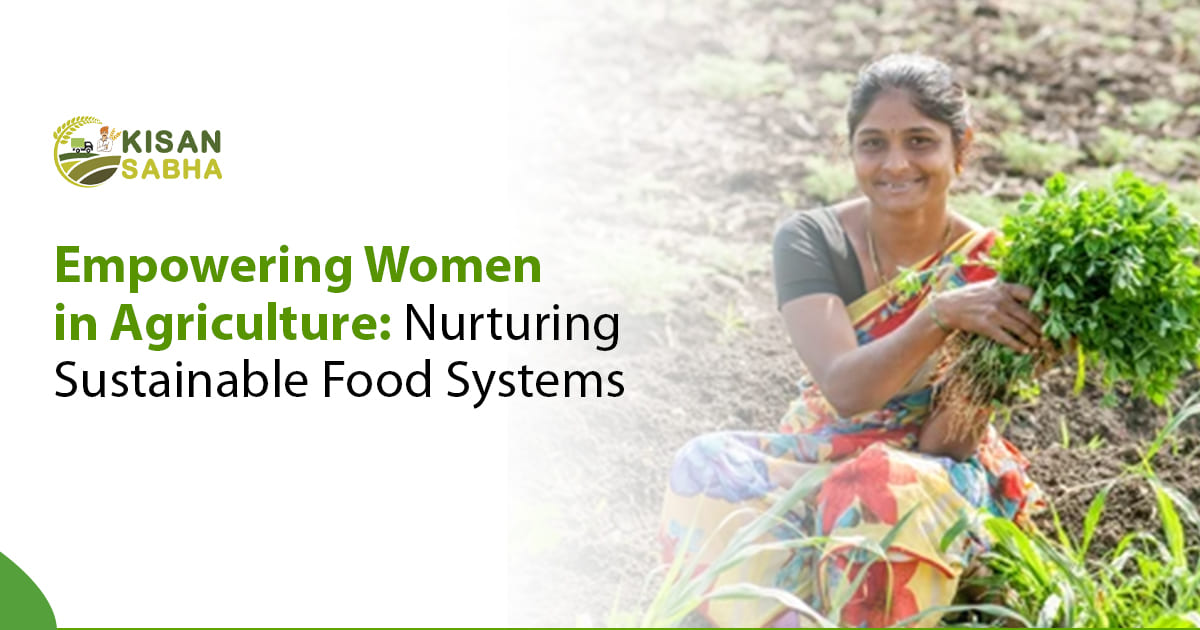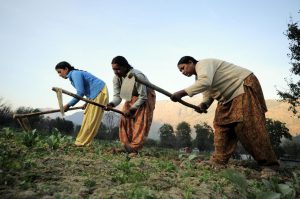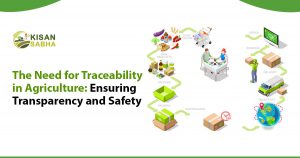Agriculture, the backbone of global food production, has long been perceived as a male-dominated industry. However, the role of women in agriculture is increasingly gaining recognition and appreciation. Women play a vital role in all aspects of the agricultural sector, from farming to food processing and marketing. This article will explore the significant contributions women make to agriculture, the challenges they face, and the opportunities for empowering women in this critical sector.
Opportunities for Empowering Women in Agriculture
1. Historical Role of Women in Agriculture
Throughout history, women have been active participants in agricultural activities. In many developing countries, women have traditionally been responsible for tasks such as planting, weeding, and harvesting crops. They have also played a vital role in managing household gardens and livestock, ensuring food security for their families. Despite their essential contributions, women’s work has often been undervalued and overlooked.
2. Current Contributions of Women in Agriculture
In recent years, women’s involvement in agriculture has expanded beyond traditional roles. Women now actively engage in decision-making processes, farm management, and agri-entrepreneurship. They contribute to crop diversification, sustainable farming practices, and the preservation of traditional agricultural knowledge.
Women’s participation in agriculture is particularly significant in developing countries, where they make up a substantial portion of the agricultural labor force. They contribute to food production, rural economies, and poverty reduction. Additionally, women play an essential role in enhancing nutrition and food security, as they are often responsible for household food management and dietary choices.
3. Challenges Faced by Women in Agriculture
Despite their crucial contributions, women in agriculture face numerous challenges that hinder their full participation and potential. Gender disparities persist in terms of access to land, credit, technology, and training. Discriminatory cultural norms and traditional roles limit their decision-making power and access to resources.
Lack of access to productive resources, such as land and finance, is a significant barrier for women in agriculture. Limited land ownership and insecure land tenure rights prevent women from fully benefiting from their labor. Financial institutions often consider women as high-risk borrowers, making it difficult for them to access credit and invest in their farms.
Furthermore, women’s limited access to agricultural extension services and technical training hampers their ability to adopt modern farming techniques and improve productivity. Gender biases and stereotypes also deter women from pursuing leadership roles and entrepreneurial opportunities in the agricultural sector.
Also Read:- Pesticides Use for Crop Protection Against Invasive Species
4. Empowering Women in Agriculture
Efforts to empower women in agriculture are crucial for sustainable development and achieving food security. Several initiatives, both grassroots and international, are working towards addressing the challenges faced by women in agriculture.
a) Enhancing Access to Resources:- Policies and programs should aim to ensure women’s access to land, credit, and technology. Legal frameworks that promote gender equality in land ownership and secure land tenure rights for women need to be established. Microfinance institutions should develop tailored financial products for women in agriculture, along with capacity-building programs to enhance financial literacy.
b) Capacity Development and Training:- Providing technical training and extension services tailored to the needs of women farmers is essential. This includes training on sustainable farming practices, climate-smart agriculture, and post-harvest management. Supporting women’s entrepreneurship and leadership development programs will also contribute to their empowerment.
c) Promoting Gender Equality:- Addressing cultural norms and biases that perpetuate gender inequalities is crucial. Raising awareness and advocating for gender equality in agriculture can help challenge stereotypes and promote women’s participation in decision-making processes.
d) Access to Markets:- Facilitating women’s access to local and international markets is vital for their economic empowerment. Providing market information, value chain development, and establishing women-led cooperatives can enhance their bargaining power and income generation opportunities.
Conclusion
The role of women in agriculture is multifaceted and indispensable. Recognizing and supporting women’s contributions to agriculture is not only a matter of gender equality but also crucial for achieving sustainable development goals. Empowering women in agriculture will not only enhance their livelihoods but also contribute to poverty reduction, food security, and the overall well-being of communities. However, by addressing the challenges faced by women in agriculture and promoting their active participation, we can nurture sustainable food systems that benefit everyone.





